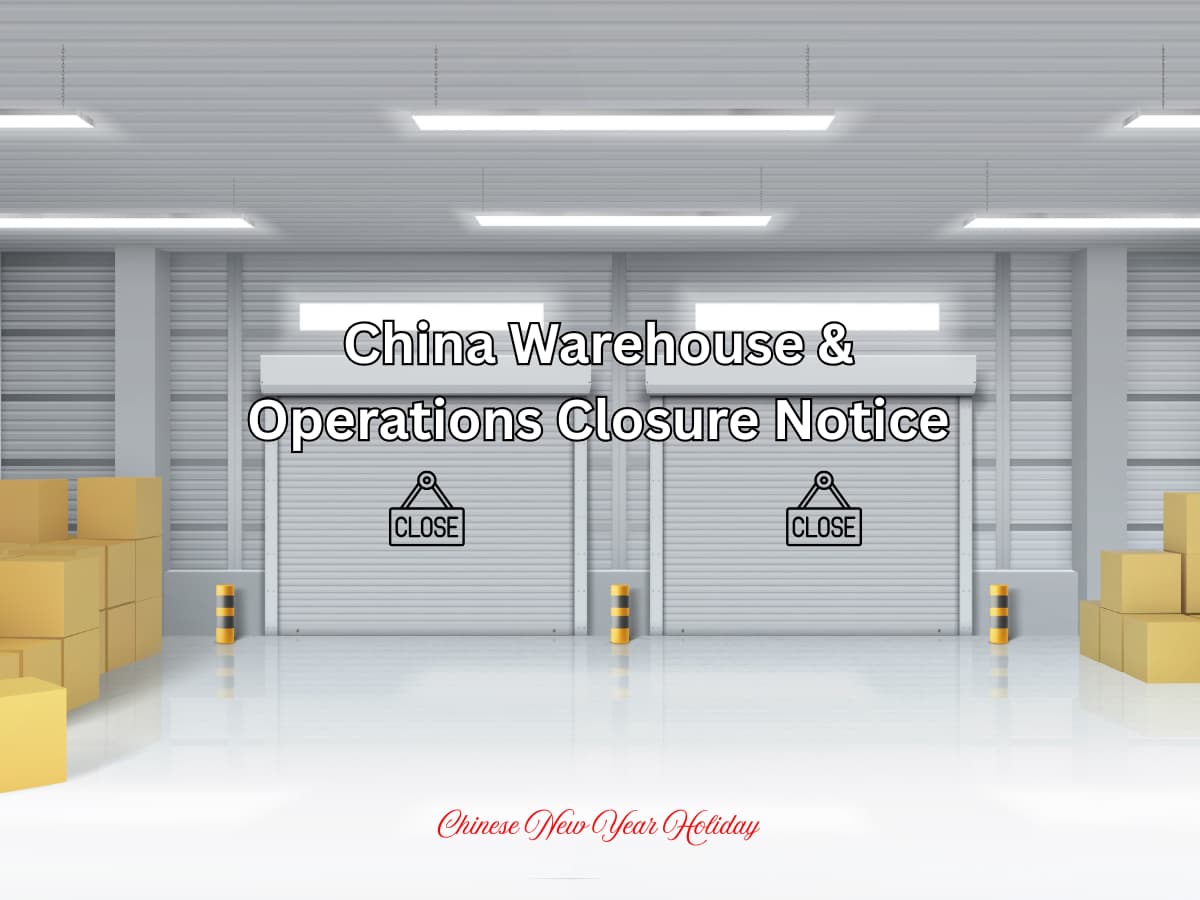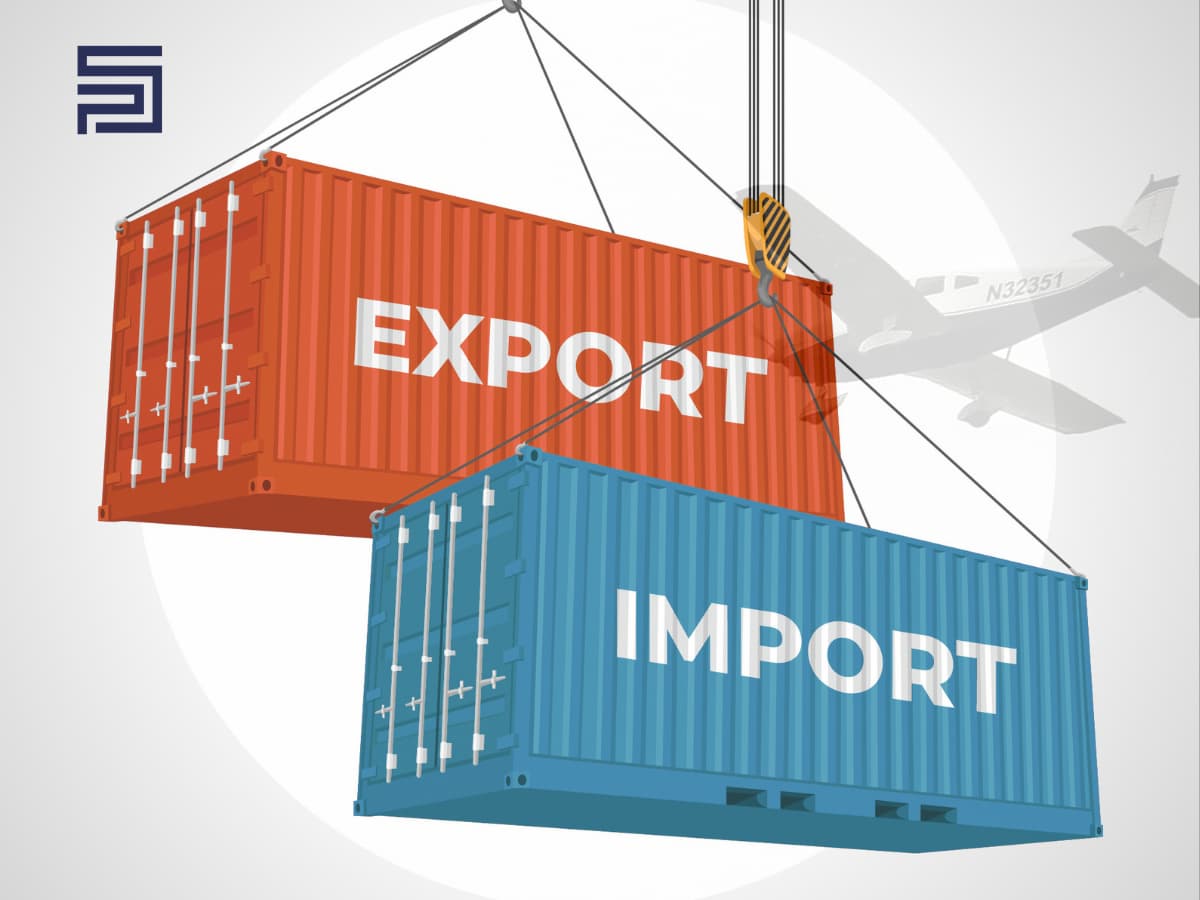As the air cargo industry evolved over the last few decades, its usefulness in global trade and logistics became even more prominent. Air cargo accounts for about 35% of world trade by value, and according to the International Air Transport Association (IATA), volatility resulting from supply chain constraints and ever-changing economic conditions has seen cargo markets essentially move upwards and sideways.
However, the air cargo industry continues to hold its own and has become a vital aspect of modern logistics, which plays an essential role in the global economy by connecting manufacturers, suppliers, and consumers worldwide.
While air freight service can be more expensive than other shipping options, its ability to move goods speedily and reliably makes it the preferred choice for time-sensitive or high-value shipments.
Air cargo is another term for air freight; it refers to the carriage or the transportation of goods through an air carrier, either in passenger aircraft cargo holds or cargo-only aircraft. It is a critical aspect of the global supply chain as it enables businesses to move goods quickly over long distances, ensuring timely delivery and access to markets worldwide.
When it comes to choosing shipment modes, it's been noted that two main factors define the choice of air transport for specific products:
- The value of the commodities.
- The speed at which they must be transported.
Urgent materials such as vaccines, pharmaceuticals, healthcare products, technological products, and high-value commodities are typically shipped by air cargo. Air transport is also ideal for food products such as fresh fish and exotic fruits.
Types of Air Cargo.
The various types of cargo transported by air fall into two main groups;
- General cargo.
- Special cargo: This is further divided into smaller specialized sub-groups.
1. General Cargo:
General cargo items do not fall into the special cargo categories. In most cases, they do not require extra precaution or special handling during air transport.
General Cargo is a vital category that could serve as the backbone of the air cargo business. It covers various goods and products like electronics, clothing, machinery parts, non-sensitive, medical supplies, and more.
2. Special Cargo:
This is where things get trickier and more complicated. This is for goods with special considerations such as their nature, weight, dimensions, or value, which may have specific requirements, including packaging, labelling, documentation, and handling through the supply chain process.
This category covers various items, such as fine art, pharmaceuticals, sensitive equipment, animals, live stage props, etc. Due to the unique nature of these goods, they often require special care and attention.
For harmonization of standards that regulate the shipment of particular goods, IATA instituted three Boards:
- The Dangerous Goods Board (DGB).
- Time and Temperature Working Group (TTWG).
- The Live Animals and Perishables Board (LAPB) manages the standards and guidance related to the shipment of these products.
Categories of Special Cargo
As stated earlier, the particular cargo category of air cargo is further divided into subcategories, which are:
1. Live Animals:
This type of air cargo specializes in the shipment of animals through the sky. They could be furry, feathered, four-legged, wild, or domestic animals.
The specialized sector focuses on various creatures, from pets and farm animals to rare and exotic species taken to zoos and conservation centres.
2. Dangerous/hazardous good:
The goods under this category are those goods that pose a potential risk to the health, safety, or properties during shipment. They require special packaging, labelling, and handling to ensure air cargo personnel and aircraft safety.
Shipping these goods requires stringent oversight, and the IATA has set the Dangerous Goods Regulations (DGR), the global standard for transporting hazardous materials by air.
3. High-value or fragile cargo:
This consists of items with significant monetary value or are prone to damage during shipping, e.g., artworks, luxury goods, high-end electronics, musical instruments, precious gems or metals, breakable antiques, etc. Usually, air cargo businesses that provide this service have optimized security measures in place.
4. Perishable cargo:
The most essential factor in this type of cargo is time. Because these goods have a limited shelf life, specialised air cargo shipment is required; they include fresh fruits, flowers, meats, seafood, and temperature-sensitive pharmaceuticals like vaccines, medical specimens, and other delicate items.
Perishable Cargo Regulations cover everything from proper packaging and temperature control to transit times to ensure the safe transportation of perishable cargo.
5. Temperature-controlled cargo:
This category is designed to maintain a consistent environment with advanced temperature-controlled containers and monitoring systems for sensitive goods vulnerable to temperature fluctuations. This way, the cargo is protected from potential damage, and the goods arrive in good condition.
6. Mail cargo:
This category is essential in the worldwide postal and parcel delivery network. It facilitates speedy delivery of letters, documents, and packages around the world. According to research, air freight handles approximately 328 billion letters and 7.4 billion packages annually.
Understanding the various types of air cargo is crucial for businesses and individuals planning to ship goods by plane. Each category has its unique set of regulations, thus addressing the diverse needs of the global supply chain.
Want to know more about air cargo and its functionalities? Contact SARA PROCUREMENT SERVICES LIMITED.
Visit our physical office space at 3 Fatai Irawo Street, Ajao Estate, Airport Road, Lagos, Nigeria, or any of our warehouse touch point locations worldwide to learn more about us and utilize our services.
Our 247-email correspondence is hello@chinatolagos.com. Contact us today.
We are equally social, and you can find us @SaraProcure on your favorite channels: Twitter, Threads, Facebook, and Instagram.
.png)





Comments
Please log in to leave a comment.